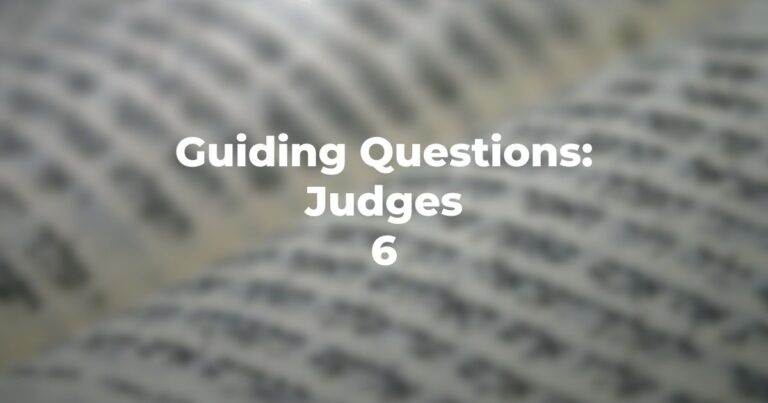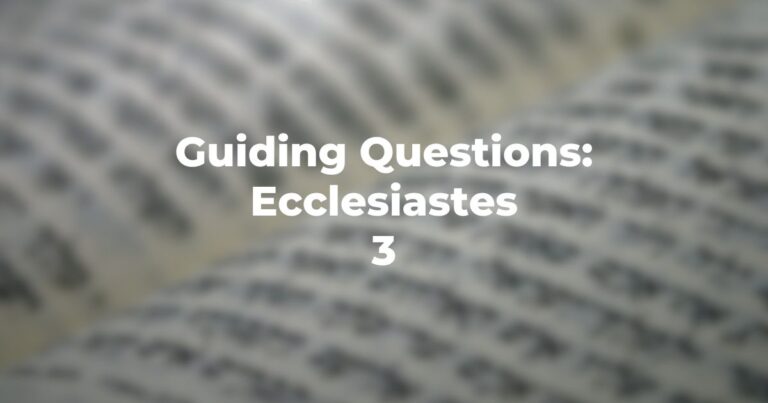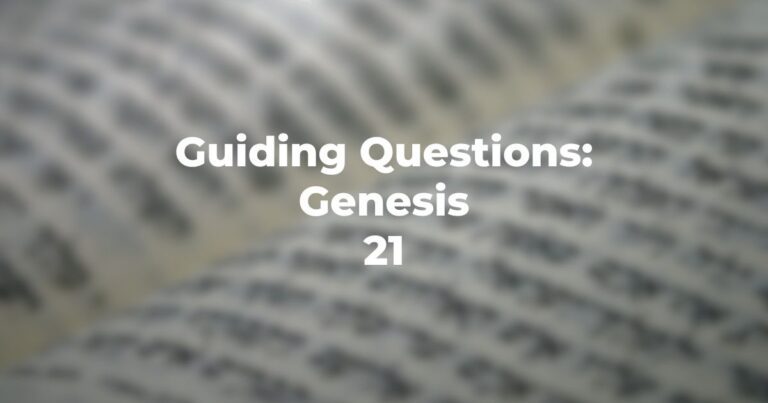- What does Job acknowledge now that he seriously questioned previously (Job 42:2-3)?
- Is the first sentence in Job 42:3 Job’s own words or a quotation?
- What, in essence, is Job saying to God in Job 42:5?
- Comment on Job’s final remark in Job 42:6. What happened to his challenge and his bitterness toward God? Does he accept the calamities that befell him with equanimity?
- What penalty is imposed on Job’s friends? Is it just? Does it reflect the religious practices of the time and the milieu (Job 42:7-8)?
- What truth did Job speak about God (Job 42:8)?
- Why is there no mention of Elihu?
- What is significant about the repetition of “My Servant Job” (Job 42:7-8)?
- What prompted Job to pray on behalf of his friends (Job 42:10)?
- Why is the Adversary of Job 1 absent here and why is there no mention of the wager?
- Why are Job’s daughters mentioned by name and not the sons, the reverse of what is more common in the Bible (Job 42:14)? (Their names mean, respectively, Dove, Cinnamon, and Horn of Kohl [a cosmetic])
- What does the happy ending in this chapter imply about the entire Book of Job?
Author
-

Exploring Judaism is the digital home for Conservative/Masorti Judaism, embracing the beauty and complexity of Judaism, and our personal search for meaning, learning, and connecting. Our goal is to create content based on three core framing: Meaning-Making (Why?), Practical Living (How?), and Explainers (What?).
View all posts





